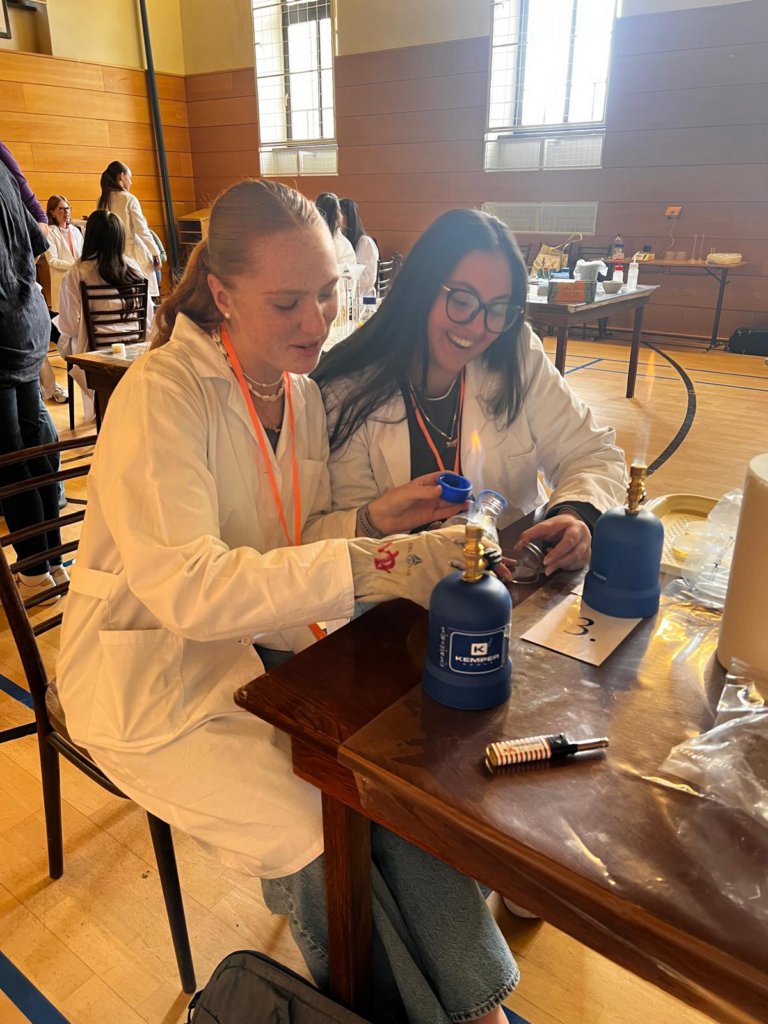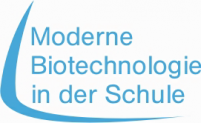After the two-years long project “European Challenges in Gene Editing by CRISPR”, the Erasmus+ team met at Gymázium sv. Františka Assiského in Levo
a again to start a new project with the title „Microbiome Analysis“. Newest science results show that the gut microbiome is correspondent to brain diseases like Alzheimer, Parkinson or Dimentia. To analyze the microbiome in the gut, could help to find new treatments for these diseases.
In this meeting, the participants trained to work sterile with bacteria and learned more about the microbiome analysis by DNA sequencing.
The students and their teachers from France, Denmark, Germany, Greece, Poland, the Czech Republic and Lithuania were warmly welcomed by the Slovak hosts. All the students from abroad had the opportunity to live in Slovak host families and had an amazing experience within the families.

From 04.10.2024 – 11.10.2024, the laboratory internship was instructed by an international mentor team, consisting of students from Slovakia, Greece and Denmark.
The experiments for this meeting were focused on studying the metabolism of two bacteria, Escherichia coli and Bacillus subtilis. Furthermore, the students were introduced to microbiome analysis and isolated the DNA of their own prepared bacteria cultures.

In the first step, the bacteria were distinguished by their metabolic abilities. Therefore, they were analyzed on their starch metabolism, oxygen need and cell wall thickness. It has been shown that Escherichia coli can’t metabolize starch, is facultative anaerobe and is Gram-negative, meaning that it has a thin cell wall. Bacillus subtilis on the other hand can metabolize starch, is aerobe and is Gram-positive, meaning that it has a thick cell wall.
The second experiment consisted of taking and culturing microbiomes. Each work group chose their own microbiome, such as e.g. fingerprints. After culturing the microbiomes the DNA of each bacteria culture was isolated with the help of the InstaGene-Matrix. By using a photometer, the concentration of DNA in each tube could be measured and compared to other values.
Besides the practical execution of the experiment, background information about the experiments was presented. To figure out the best of the best student, the students were challenged in a multiple-choice exam at the end of the meeting. The winner was awarded by a project certificate and was given a reward.

Furthermore, the students could learn more about Levoča’s history, nature and culture.
The visit of the world cultural heritage Spiš castle, highlighted the significance of history and culture in the region. The invitation of the school authority, from the bishop of the diocese of Spiš to visit the cathedral and to have a dinner together with bishop František.


Another highlight was the trip to the High Tatras, with impressive views from the Treetop Walk in Bachleda Valley on the High Tatras and a connection to Slovakia’s wonderful nature.


By the end of the meeting, all participants enjoyed the perfect organized meeting and atmosphere. Therefore, they will keep the experience in a long lasting remembrance.
A big thank you to the European Union for the support of our international team work.
